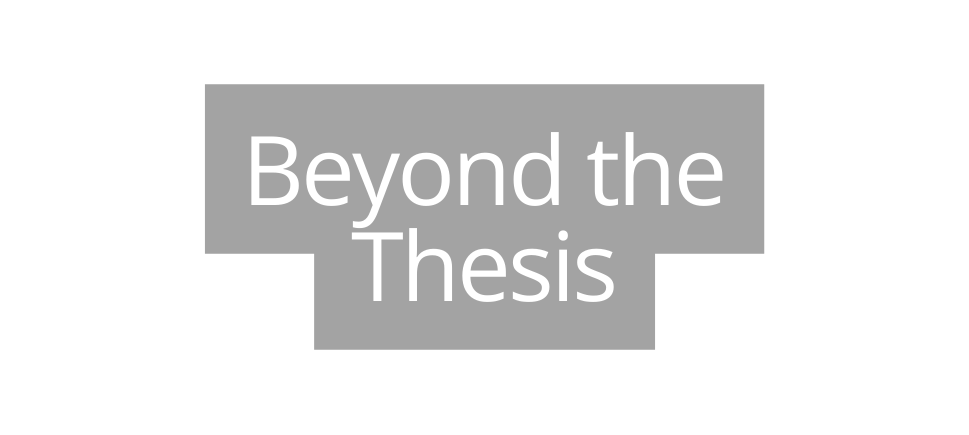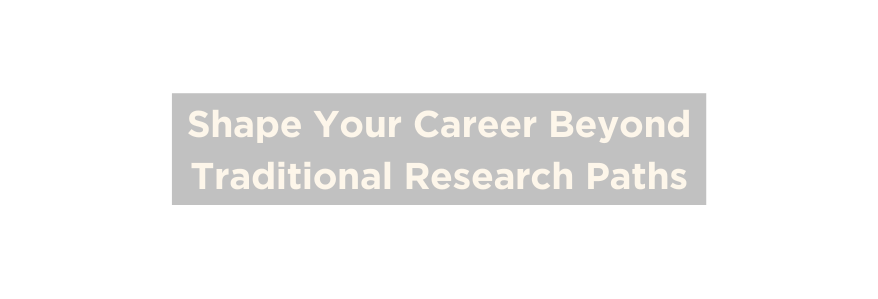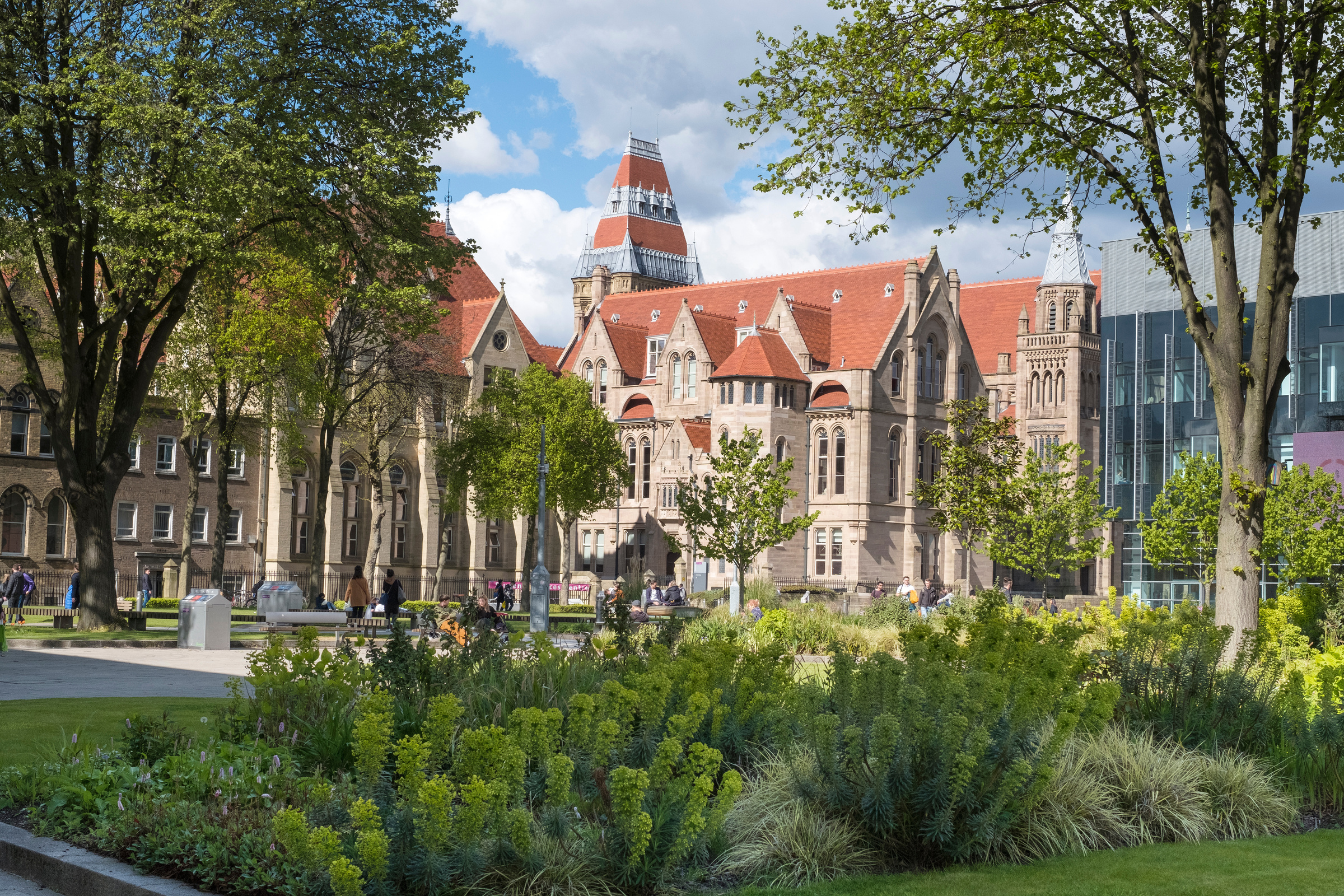
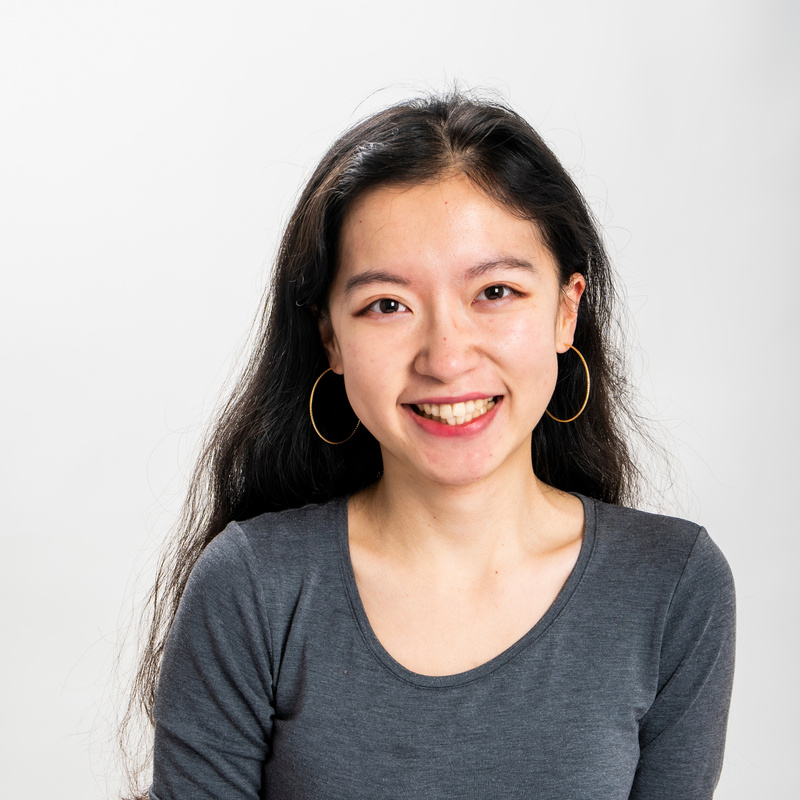
The Art of Juggling Roles in Fintech, Academia, and Entrepreneurship
Alumni Profiles
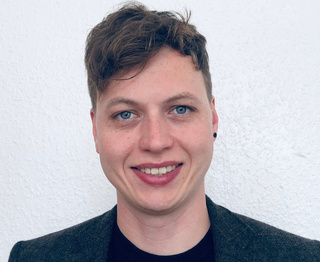
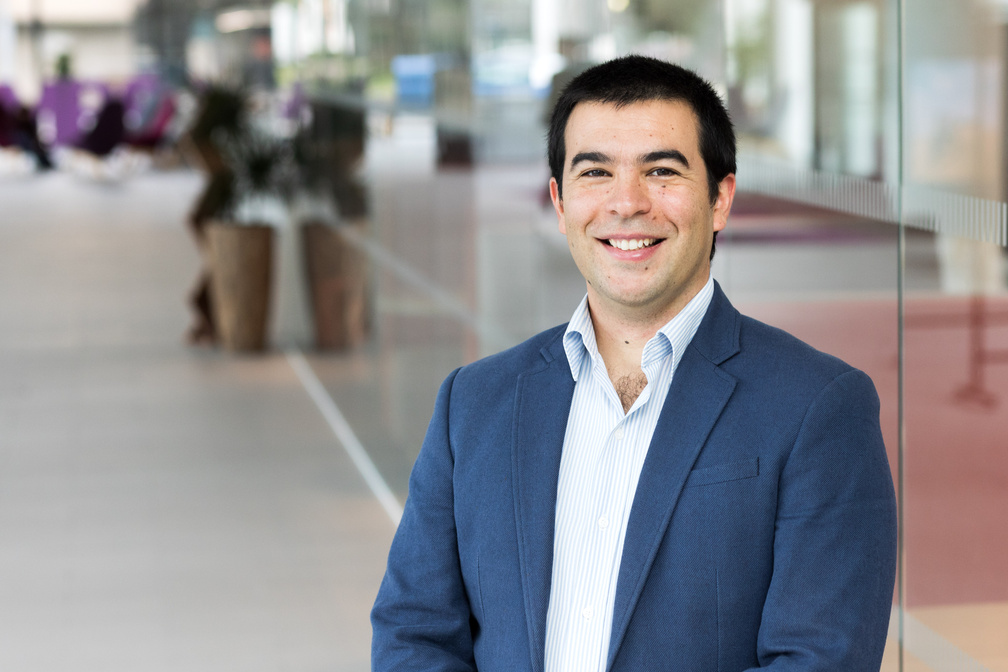
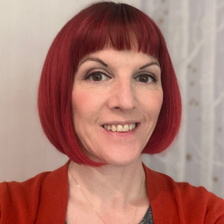
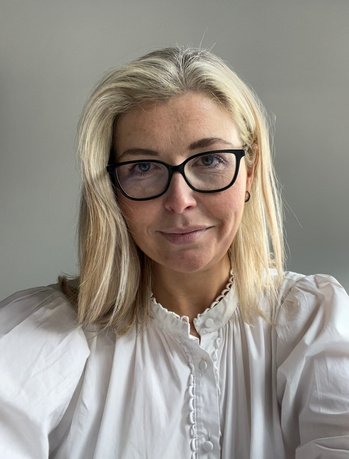
Innovating at the Crossroads of Music and AI: How to Become a “Guru”
From Banking to Academic: Economic Research in a Different Context
Shaping Change From Within: Humanities Research to Researcher Development
Made in Manchester: From Academia to Entrepreneurship: Crafting Personal Brands
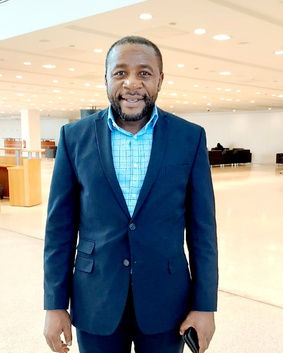
From Environmental Catalysts to Industry Leadership

Global Journey: From International Relocation to Samsum
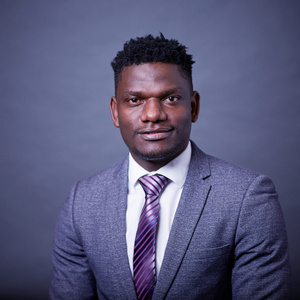
Shaping the Future of Health Economics: An Alternative Approach to Connecting Healthcare Research with Real-world Impact
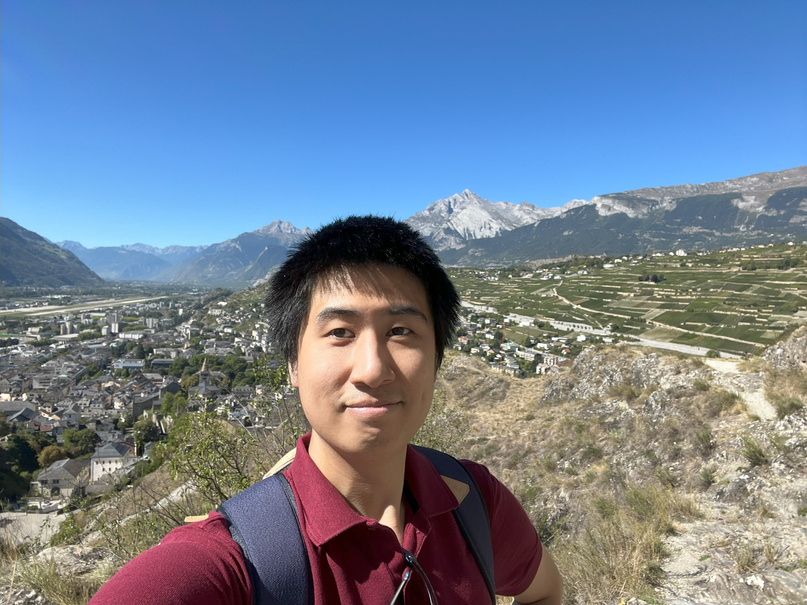
Jumping from Industry to Academia and Pioneering Sustainable Solutions in Chemical Engineering

Beyond the Binary: From Systems Engineer to Product Owner

The Evolution of a Management Pathway: From Expert in Software Engineering to Management
Interview Explorer: Discovering Skills for Career Triumphs

Academic vs. Industry Interviews

Tips for the interview process

PhD Holders Breaking the Mold

Strategies for successful salary negotiations

Leveraging research background interviews

Lessons from memorable interview experiences
Navigating the Divide: Academic vs. Industry Interviews
Embarking on a career journey requires a keen understanding of the nuanced differences between academic and non-academic interviews. Our alumni, with diverse experiences transitioning from academia to industry, shed light on the distinctions that set these two realms apart.
Academic interviews, according to Aaron, revolve around subject matter knowledge and the ability to adapt to new concepts. In contrast, non-academic interviews in the industry pivot towards assessing how applicants can apply their skills and knowledge to specific positions, emphasizing the transferable skills they bring to the table. For Ernestina, starting a PhD was marked by stress and a focus on remembering theories and names. The academic world often centers on specialization. In contrast, the industry places a premium on specific skills tailored for distinct tasks. It's not just about fitting into a role; it's about having the exact skills needed for the job at hand. Francisco points out that academic interviews typically revolve around research and teaching prowess. However, non-academic interviews, especially in industries like central banking, rigorously test knowledge in finance and economics. The shift is marked by a move from theoretical discussions to a more practical evaluation. For Laura, the distinction lies in the focus of the interviews. Academic ones often center around ideas and ambition. In non-academic settings, the emphasis shifts towards the practical demonstration of skills and abilities. It's about showing how you've applied your knowledge, not just discussing it. Mutasem articulates the difference in approach between academia and industry. In academia, solidity in foundational knowledge and deep understanding of concepts is crucial. In industry, it's about applying these concepts and showcasing adaptability in learning new things. The ability to tackle novel problems becomes paramount. According to Peslie-Ngambi, non-academic interviews in industry tend to focus more on practical skills like project management and meeting deadlines.
There's a growing alignment between academic and non-academic interviews, both emphasizing competencies. The industry assessment zooms in on how academic skills seamlessly translate into a fast-paced work environment. Phavit highlights the shift in focus from skills-oriented to people-oriented dynamics. In industrial interviews, authenticity and being a good match for the role and team take precedence.
Academic jobs, on the other hand, lean more towards skills and lab compatibility. Sam Lynch provides insights into the pace of non-academic interviews. They are faster, involving a diverse group of interviewers, and focus more on quantitative metrics and practical applications. Academic interviews, in contrast, delve deeper into research expertise and integration with the university's mission and department. According to Sonia, the focus in academic interviews centers on research output and academic scope. In industry interviews, the spotlight shifts to presenting oneself as a valuable employee, tailoring experiences to showcase their benefit to the company, rather than solely relying on academic achievements.
In conclusion, understanding the contrasting dynamics of academic and non-academic interviews is crucial for successful transitions. It's not merely a shift in setting but a recalibration of focus—from theoretical discussions in academia to practical demonstrations of skills and adaptability in the dynamic world of industry.
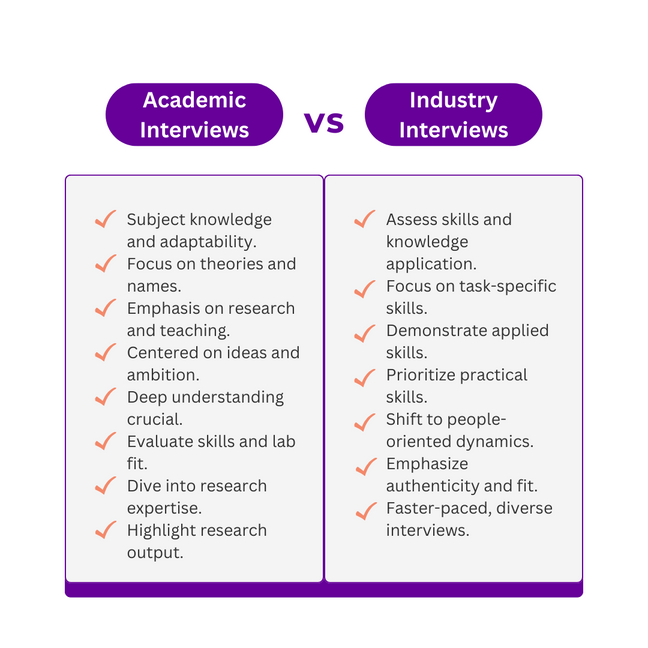
Acing the Interview
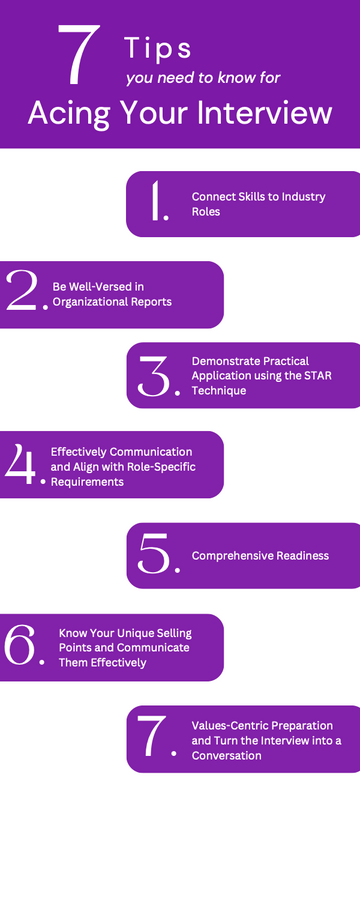
Embarking on a career beyond academia requires a strategic approach to interviews. Our alumni share valuable insights and tips on how they prepared for non-academic interviews:
Successfully preparing for non-academic interviews involves several key strategies. It starts with emphasizing the importance of linking academic skills directly to the role, showcasing practical applications beyond theoretical knowledge. Drawing from experience in research-intensive roles becomes crucial, highlighting the need to understand key reports and anticipate questions based on the interviewer's background. The chosen strategy includes showcasing skills through real-world examples, using the Situation, Task, Action, Result (STAR) framework to illustrate the practical application of academic knowledge. Crafting a small presentation relevant to the role is advocated, ensuring effective communication and alignment with specific job requirements. Thorough company understanding, along with refining technical skills and preparing for competency-based questions, is stressed to ensure comprehensive readiness. Understanding and effectively communicating unique value are crucial aspects, with an emphasis on integrity throughout the interview process. This values-centric approach is further emphasized by ensuring personal values align with the company's, turning the interview into a meaningful dialogue beyond a mere question-and-answer session. In conclusion, these strategies collectively offer a comprehensive guide for individuals with a PhD background navigating non-academic interviews, providing strategic insights and practical tips for success in diverse career paths. The overarching theme underscores the importance of showcasing practical applications, effective communication, and values-centric preparation throughout the interview process.
In conclusion, these talking points offer a comprehensive guide for PhD alumni navigating non-academic interviews. They provide strategic insights and practical tips for success in diverse career paths, emphasizing the importance of showcasing practical applications, effective communication, and values-centric preparation.
Art of the Deal: Strategies for Successful Salary Negotiations
Navigating the intricacies of salary negotiations can often feel like a high-stakes game, especially for PhD graduates stepping into new professional roles. Drawing from the experiences of our alumni, we uncover a wealth of strategies and insights that pave the way for successful negotiations during the job interview process.
Take Aaron, for instance, whose negotiation tactics revolved around showcasing his extensive experience as a postdoctoral researcher and lecturer, alongside his technical prowess. His key to success? Highlighting the unique value he brought to the table. Then there's Francisco, who sheds light on the nuances of negotiating in both academic and non-academic spheres. While academia may offer limited room for negotiation early on due to standardized candidate profiles, understanding market rates becomes paramount in non-academic roles. Laura, although not personally involved in salary negotiations for her current role, shares invaluable insights gained from managing successful negotiations for others. She emphasizes the pivotal role experience plays in crafting effective negotiation strategies tailored to individual skills and expertise. Mutasem advocates for a realistic and flexible approach, starting with the average market salary and adjusting based on role specifics post-technical interviews. Understanding the company's financial landscape and balancing personal needs with organizational dynamics is key. Peslie-Ngambi stresses the importance of gauging one's worth against industry standards and effectively communicating unique skills during negotiations.
Phavit advises candidates to navigate negotiations with sensitivity, particularly in academia where funding constraints may apply, while gradually adopting a more assertive stance in later industry roles. Sam Lynch's journey underscores the significance of balancing salary considerations with opportunities for skill development, advocating for assertiveness as one's value and performance grow. Sonia, pragmatic in her approach, underscores the power of being well-informed and realistic, emphasizing open and direct discussions to gauge possibilities within the company. Her personal experience highlights the value of being straightforward during negotiations, anchoring requests in performance and market rates while maintaining realistic expectations. In essence, these diverse perspectives offer a comprehensive roadmap for navigating the labyrinth of salary negotiations. Whether in academia or the dynamic landscape of non-academic industries, demonstrating value, understanding market dynamics, and striking a balance between assertiveness and realism emerge as central tenets for negotiation success.
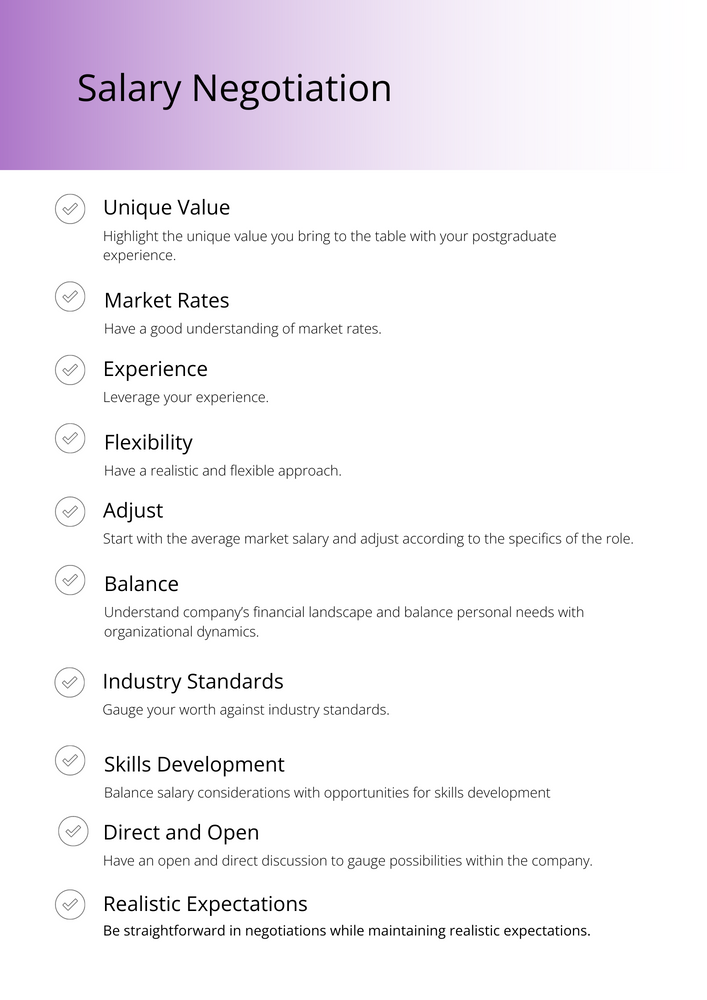
Excelling as a Postgraduate Researcher in Interviews
Embarking on the journey post-PhD isn't merely about acquiring a title; it's about harnessing a unique skill set and knowledge base. In this blog, we'll delve into the power of PhD skills that not only help individuals stand out during interviews but also continue to shape their post-graduation endeavours. Let's hear from our alumni about their perspectives on these invaluable skills:
Chris's transition from researcher to entrepreneur seamlessly integrates his skills. Problem-solving and creative thinking, honed during his PhD, play a vital role in running his startup. His experience in funding proposals and software development directly contributes to his entrepreneurial role at Guru.
Francisco emphasizes the enduring value of quantitative skills acquired during postgraduate education, particularly in economics and coding. His ability to articulate complex ideas, a skill finely honed during his PhD, is a cornerstone of his current role.
Laura's skill set extends beyond academia, encompassing critical abilities like fact-finding, networking, and planning. Her experience in organizing conferences showcases her prowess in relationship management and meeting deadlines.
For Mutasem, research innovation and knowledge transfer form the bedrock of his success. The ability to generate novel ideas and articulate them effectively, combined with experience as a teaching assistant, highlights the importance of committing to both learning and imparting knowledge.
The transition from academia to industry is navigated skillfully by Peslie-Ngambi. Leveraging experience in health economics from both realms, He seamlessly integrates his roles, working for a medical device company and teaching master's students.
Phavit emphasizes the role of softer skills in standing out. People skills, project management, and time management, especially gained through industry experience, are crucial. His advice includes active participation in extracurricular activities, teaching, or department committees to enhance post-graduation skills.
Sam Lynch's journey underscores the importance of resilience and adaptability. Whether changing a business plan or research direction, the ability to evolve is a crucial skill developed during her PhD, proving pivotal in both academic and entrepreneurial ventures.
Sonia's experience highlights the key role of technical proficiency. The ability to dive into complex technical matters and present them simply is paramount. Her PhD training in consuming information quickly, problem-solving, and critical thinking directly contributes to her current role in software and project management.
In conclusion, the journey post-PhD is not just a transition—it's a continuation of a skill set cultivated during intense research endeavors. The ability to problem-solve, articulate complex ideas, and adapt to evolving landscapes positions these alumni as not just job seekers but as contributors to the ever-changing professional landscape.
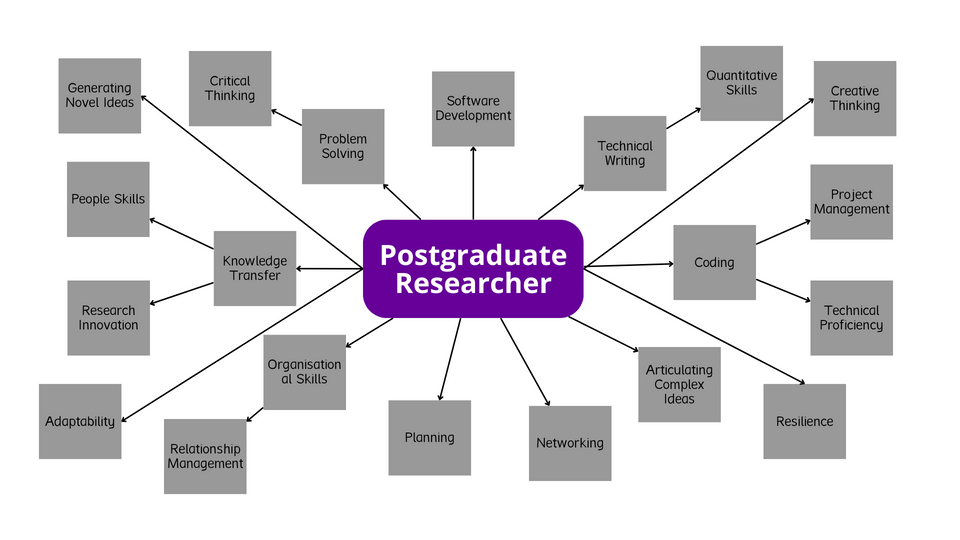
Navigating Stereotypes: PhD Holders Breaking the Mold
PhD holders often find themselves navigating through misconceptions and stereotypes during the interview process. Our alumni share their experiences, addressing and challenging these stereotypes to pave the way for a more nuanced understanding of their capabilities. Chris's journey, straddling both arts and computer science, challenges the stereotype that arts PhDs may be less practical. He emphasizes the beneficial perspective of creativity and artistry, especially in fields like virtual reality, showcasing the interdisciplinary advantage. Laura sheds light on the misconception that PhD holders lack practical experience or won't commit to non-academic roles. Her approach involves
Phavit tackles the bias that researchers may not manage conflict well. His advice is to address potential stereotypes directly during interviews.
Recognising that interviewers have specific
expectations for different roles, he emphasises the importance of focusing on skill sets relevant to the position.
“actively engaging with the role and articulating the reasons behind the desire to pursue it, dispelling notions of detachment.”
Sam Lynch's experience reflects the challenge of fitting into the academic stereotype due to a non-academic background. Overcoming this involved
Sonia confronts the common misconception that PhD holders lack practical experience. Her strategy involves explicitly highlighting achievements and experiences in her CV and interviews, demonstrating the tangible application of her PhD work to real-world scenarios.
In conclusion, these PhD alumni stand as living examples of breaking through stereotypes. Their experiences challenge misconceptions about impracticality of arts PhDs, the lack of commitment in non-academic roles, conflict management abilities of researchers, and the notion that PhD holders lack practical experience. By actively addressing these stereotypes during interviews, they contribute to a broader understanding of the diverse skills and perspectives that PhD holders bring to the table.
I
“embracing her unique skills and experiences, realising that they added significant value to both her academic and professional capacities”

Unveiling Wisdom: Lessons From Memorable Interview Experiences


Chris: The Power of Rapport and Cultural Fit
Chris's memorable interview was marked by an immediate rapport with the panel. Laughter echoed, and the conversation flowed effortlessly, creating an atmosphere akin to friends catching up. This experience emphasised the importance of rapport and cultural fit, factors that played a crucial role in his decision-making process.

Laura: The Impact of Organizational Culture
For Laura, interviews have run the gamut from confrontational to encouraging. The most memorable ones were those where the organization's culture felt welcoming and supportive. The positive atmosphere made her eager to be part of the team, underscoring the impact of organizational culture on a candidate's experience.
Mutasem: Embracing Change as a Challenge
Mutasem's memorable experience extends beyond the interview room. Moving from North Africa to Asia presented a significant change, treated as a challenge rather than a hurdle. Additionally, an interview at Surrey University, marked by a barrage of technical questions, underscored the importance of technical preparedness.

Peslie-Ngambi: The Art of Conciseness and Adaptability
Peslie-Ngambi reflects on an academic interview where commendation met defeat against a more experienced candidate. This taught her the importance of being concise in interviews and adapting to different techniques. The experience highlighted the need for adaptability in navigating diverse interviewing scenarios.
Sonia: Focusing on the Right Fit

Sonia's experience, where a lack of innovation experience led to a project-related role slipping away, offered a profound lesson. It emphasized the importance of being focused and realistic about roles, acknowledging that it's not about inadequacy but finding the right fit for one's skills and experience.
Meet The Team
Meet the dynamic duo behind the scenes - Jess and Maryam, both second-year PhD students, have brought their passion for research and education to the forefront as interns with the Researcher Development Team. Tasked with conducting insightful interviews with postgraduate alumni, they delve into the wealth of experiences that shape academic journeys. Their mission doesn't end there; armed with invaluable insights, they craft tailored resources to empower current postgraduates on their own paths to success. With their dedication and expertise, Jess and Maryam are driving positive change and fostering a supportive community within academia.
Are you a University of Manchester postgraduate researcher alumni and think your unique academic journey would be beneficial for current and future researchers? We would love to hear from you! Get in touch with us to get your stories featured.
Contact Us
Phone
+44 (0) 161 306 6000
Address
The University of Manchester,Oxford Rd
Manchester, M13 9PL, UK
Website
Email
resdev@manchester.ac.uk
